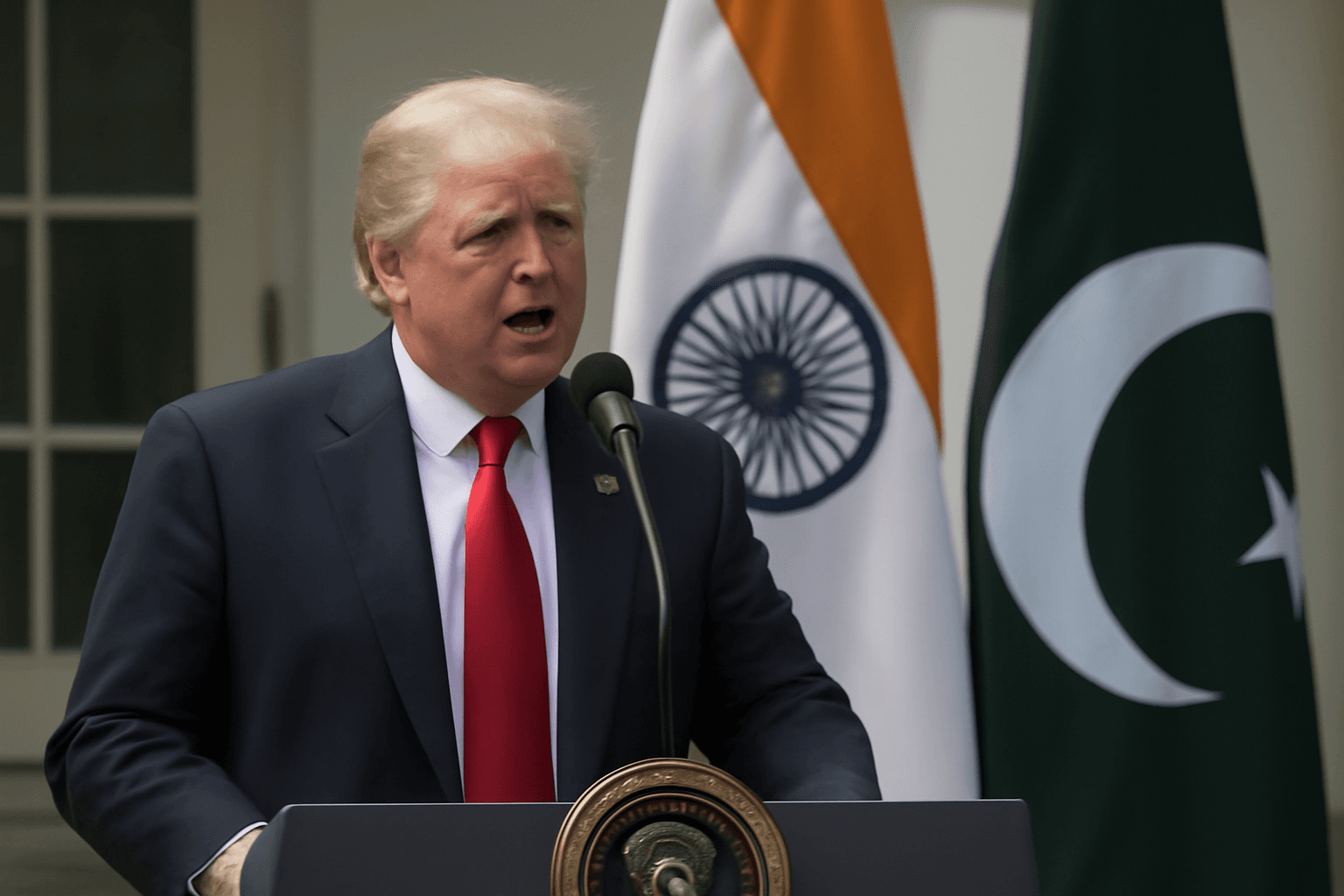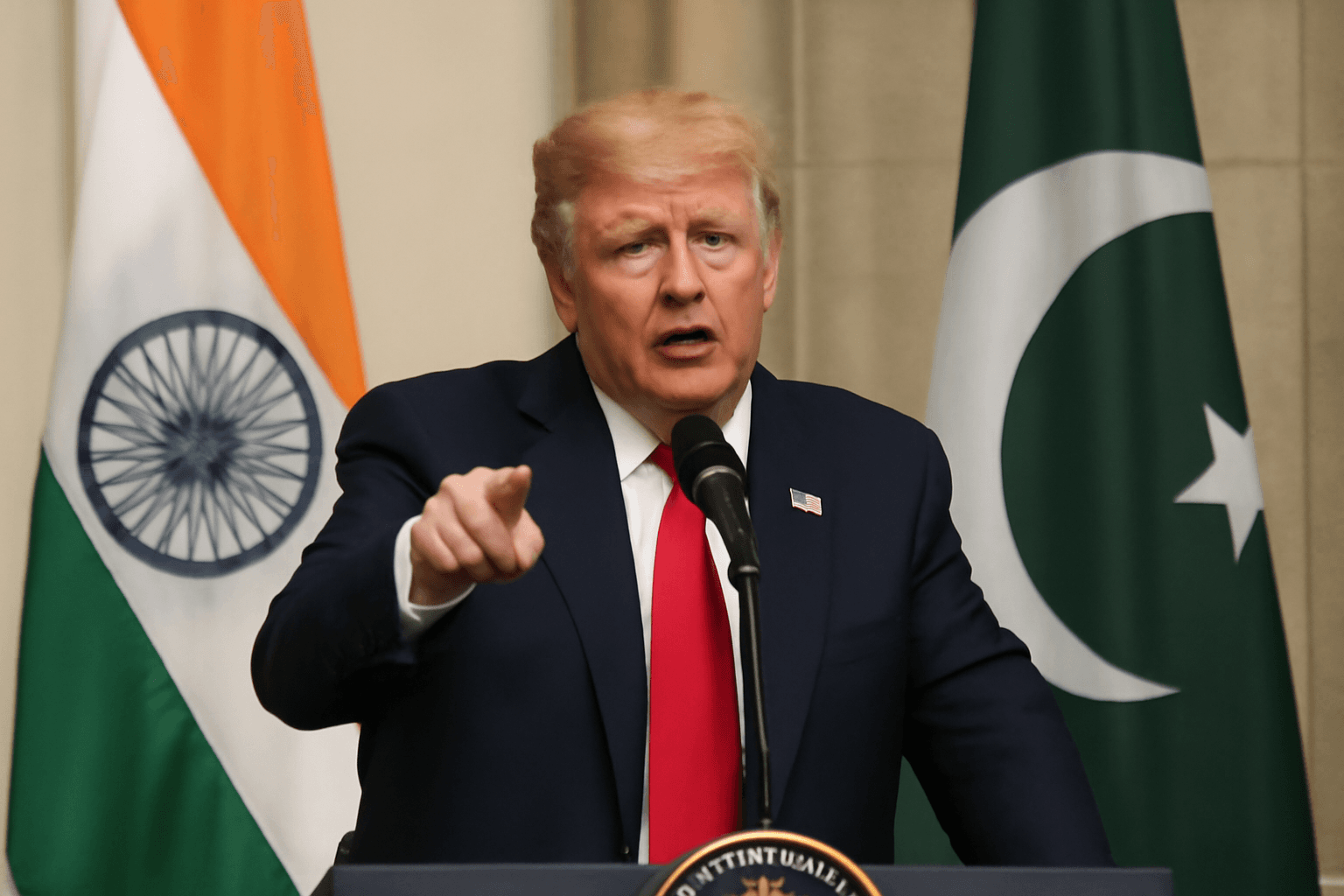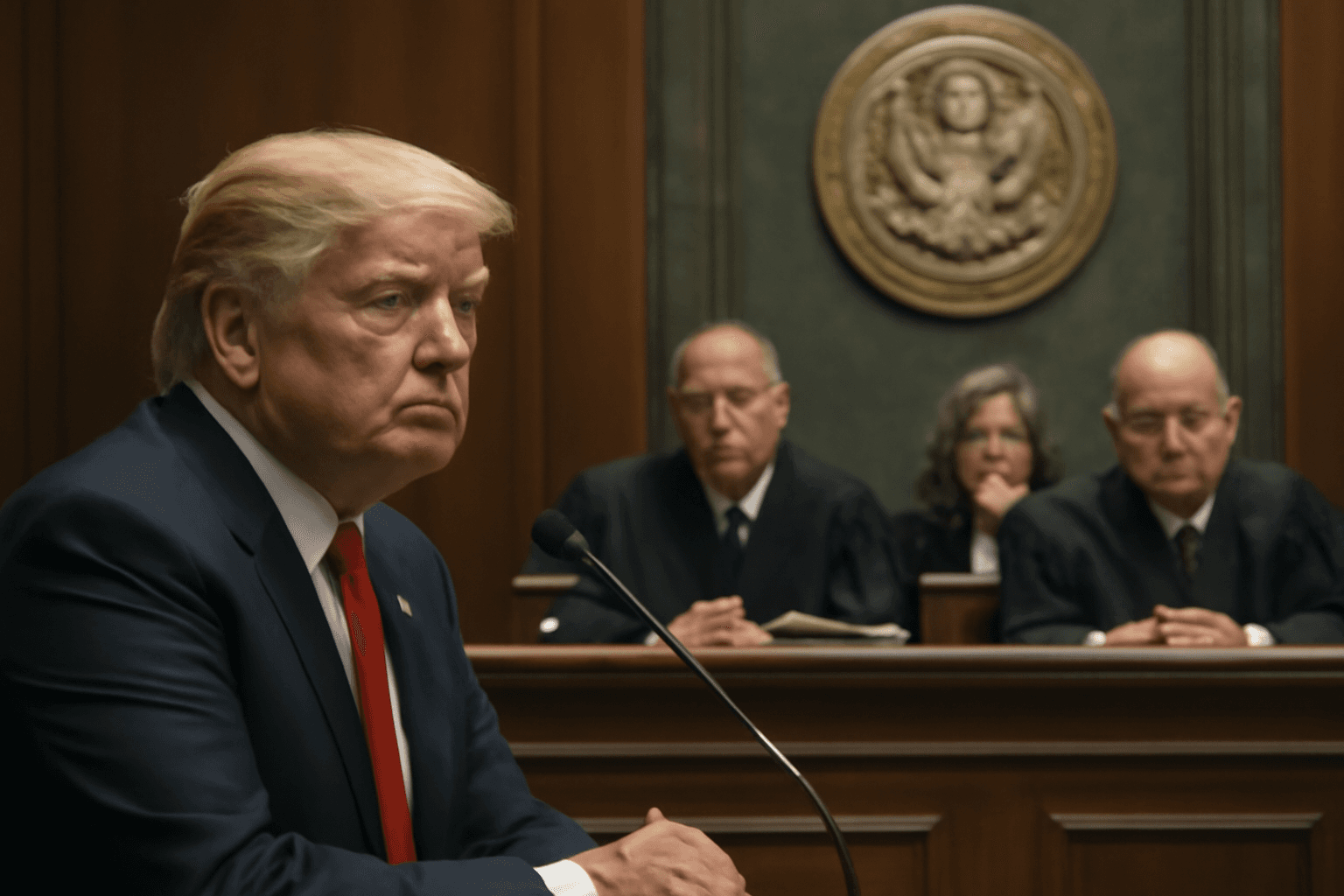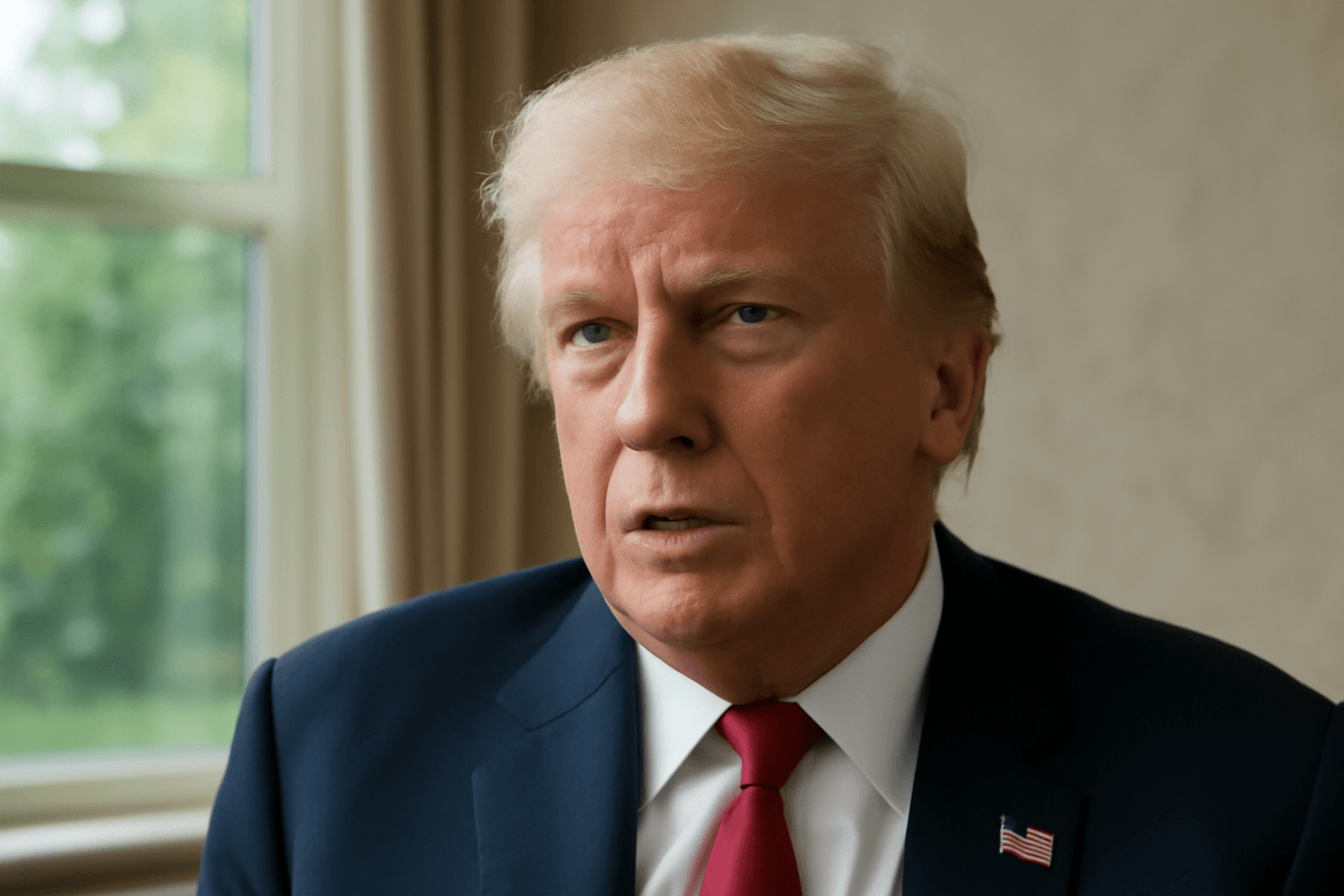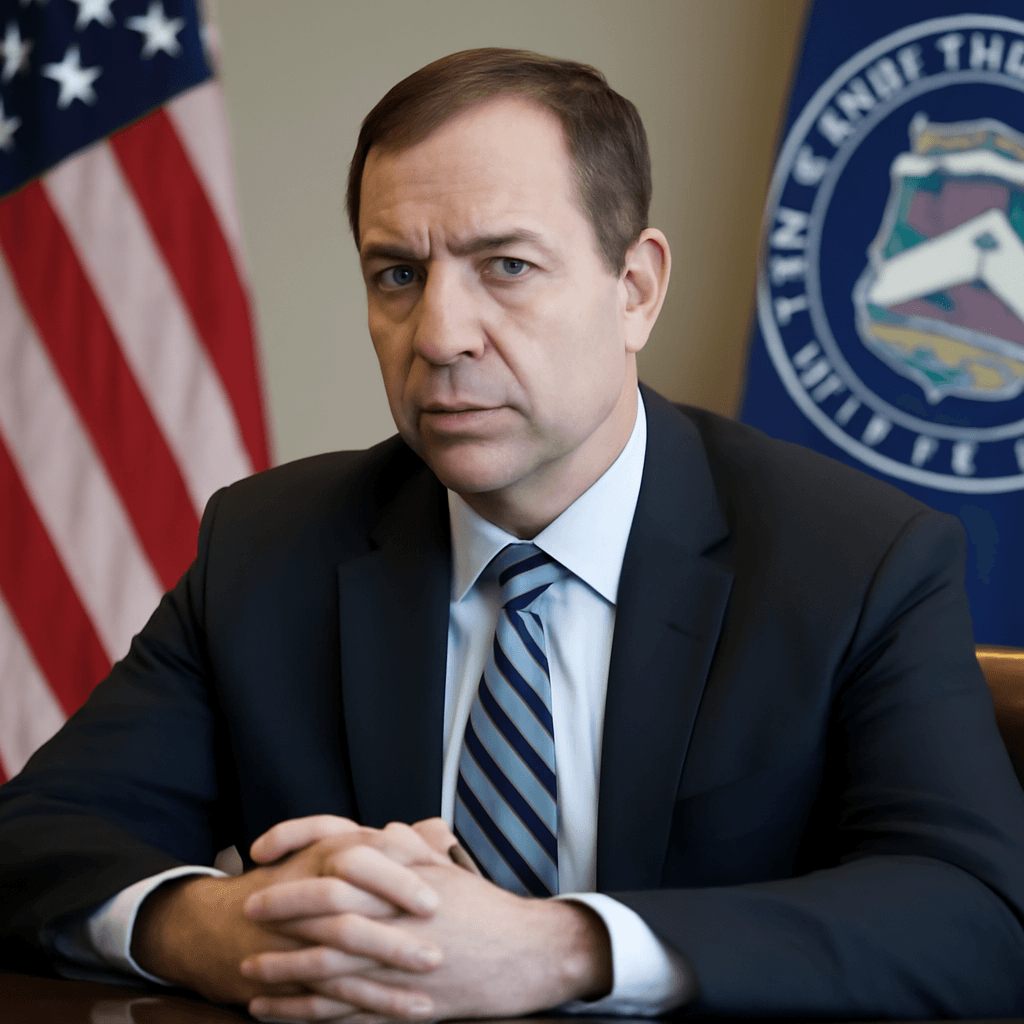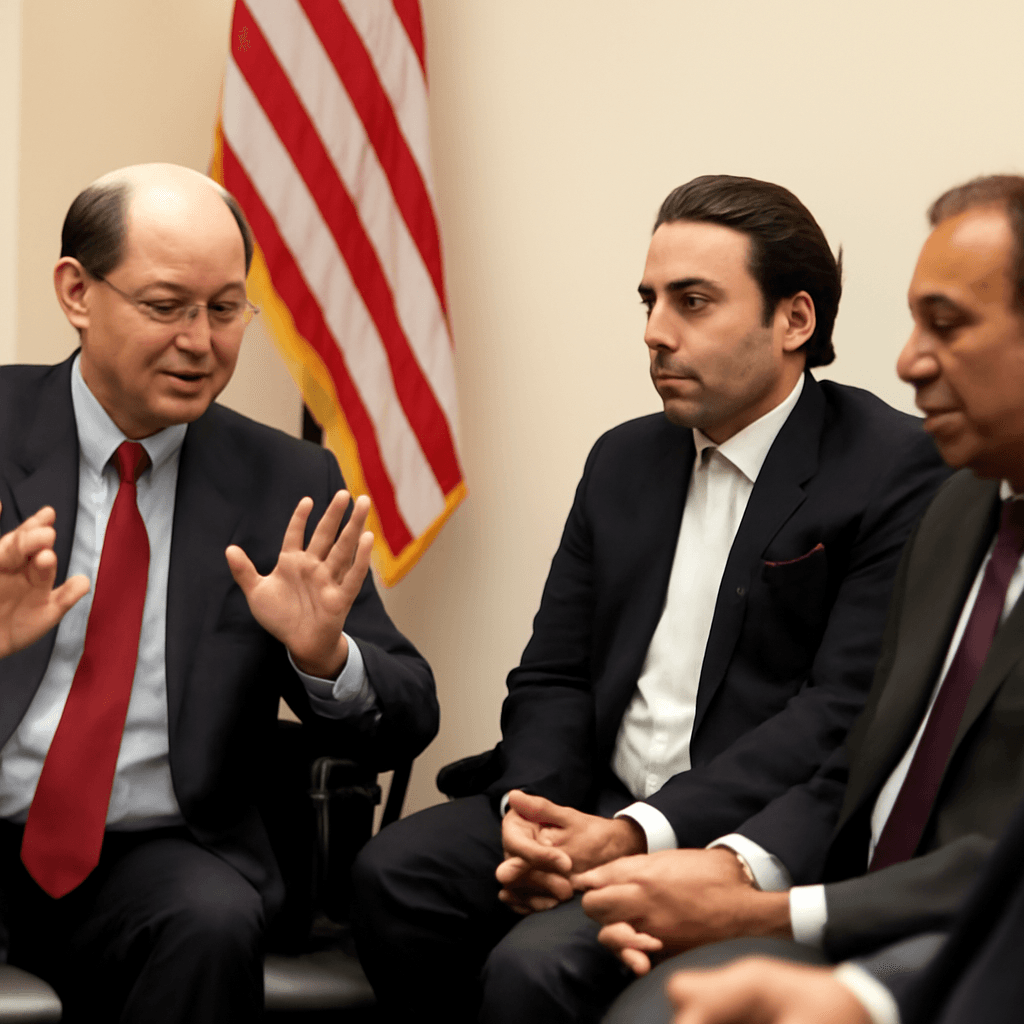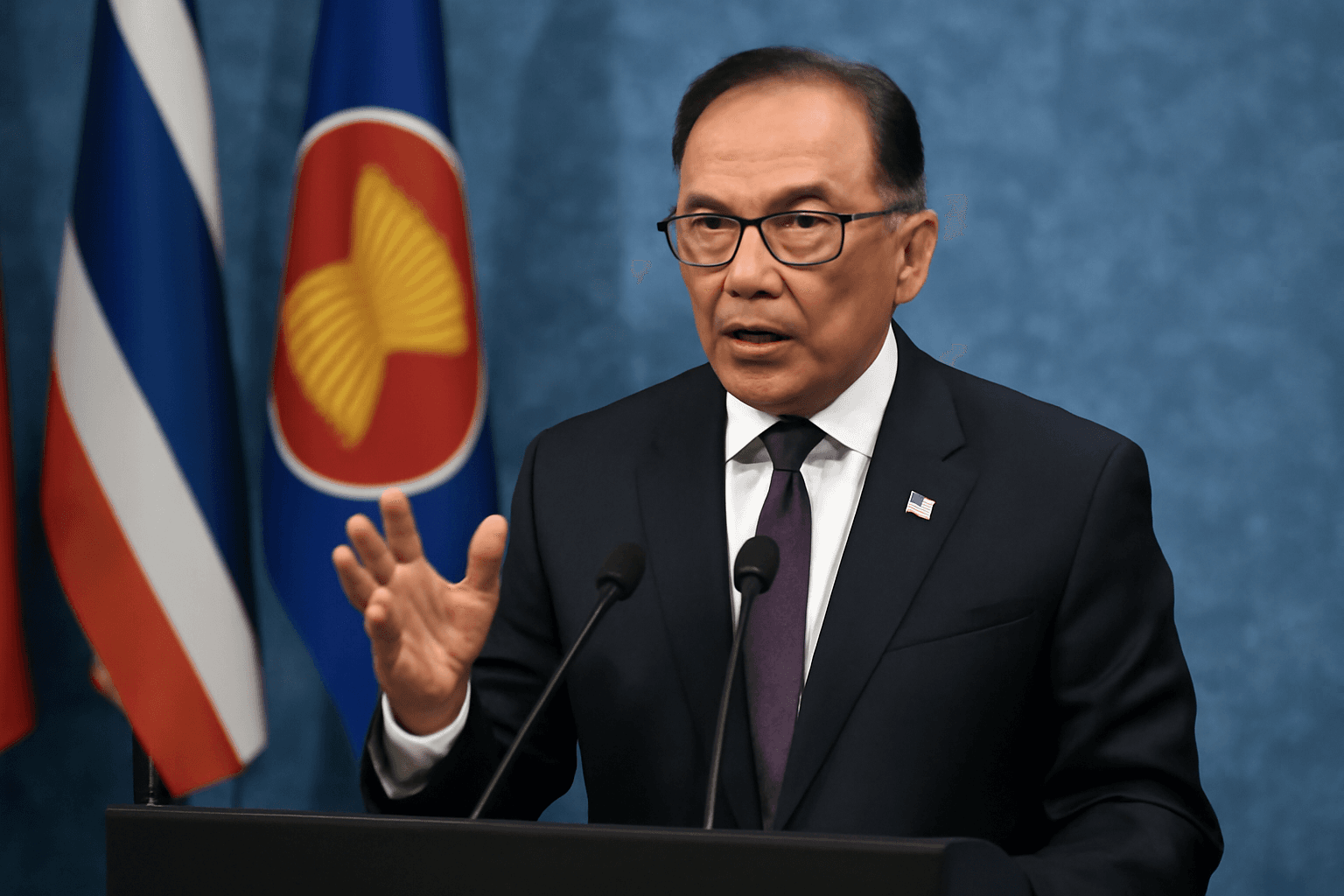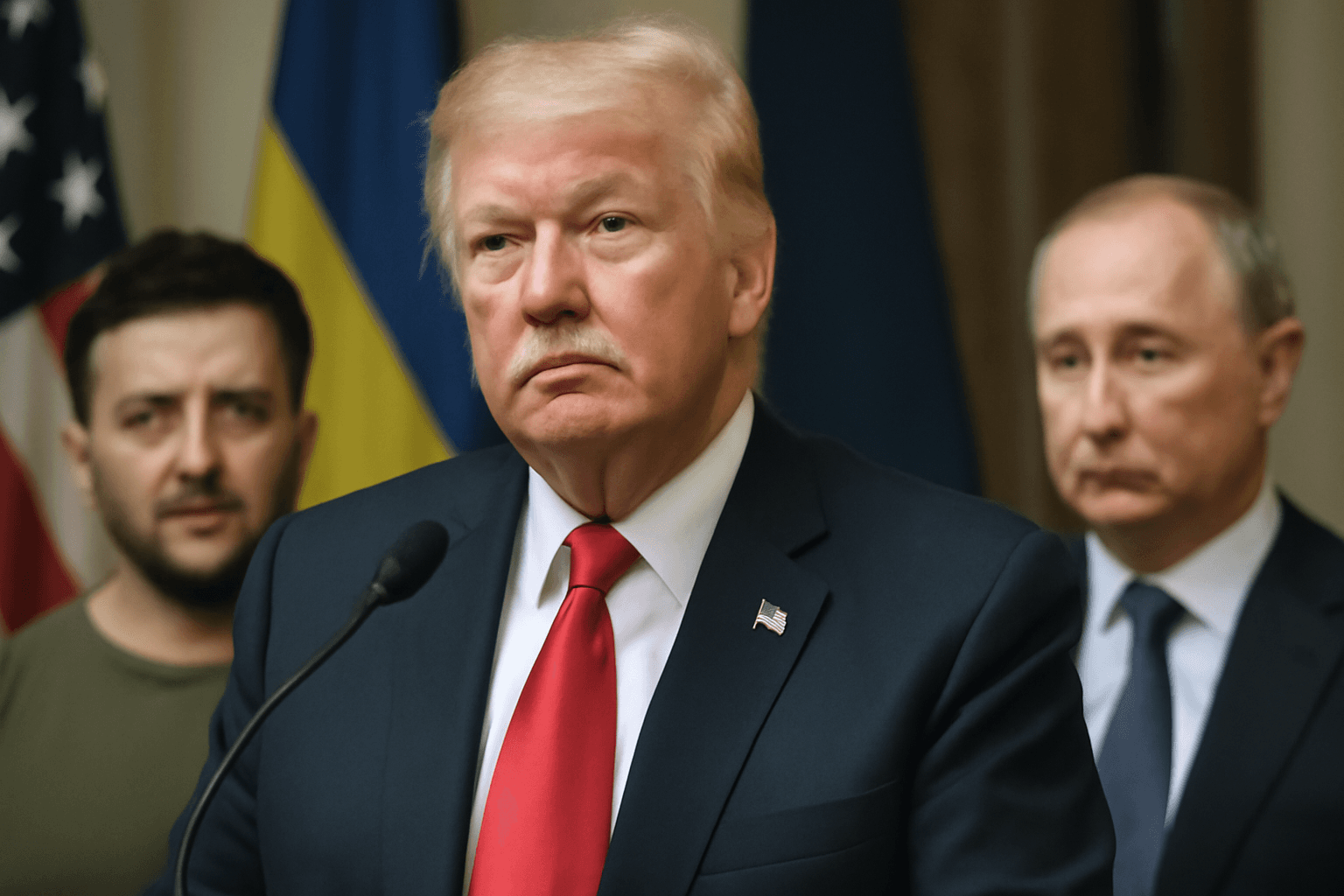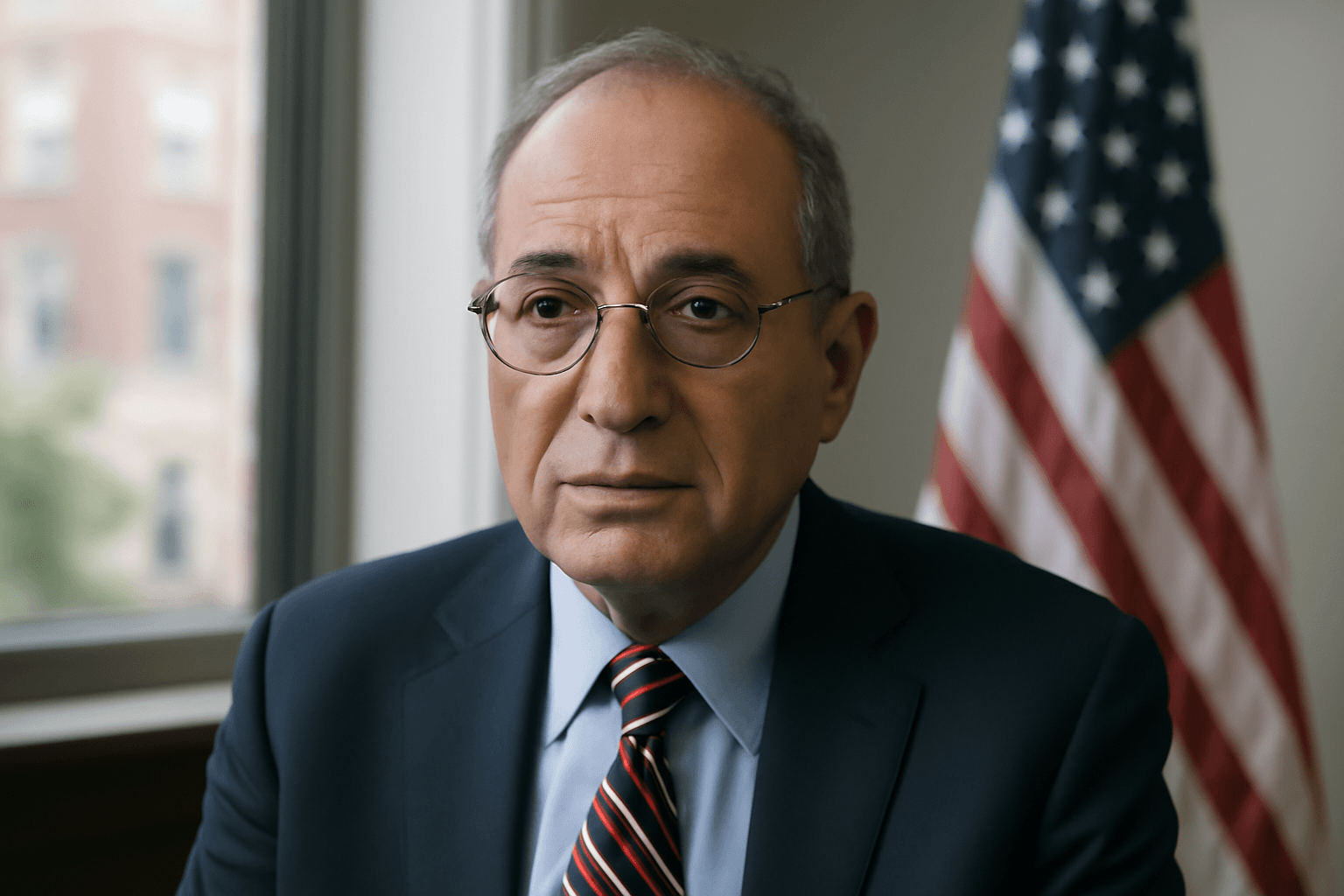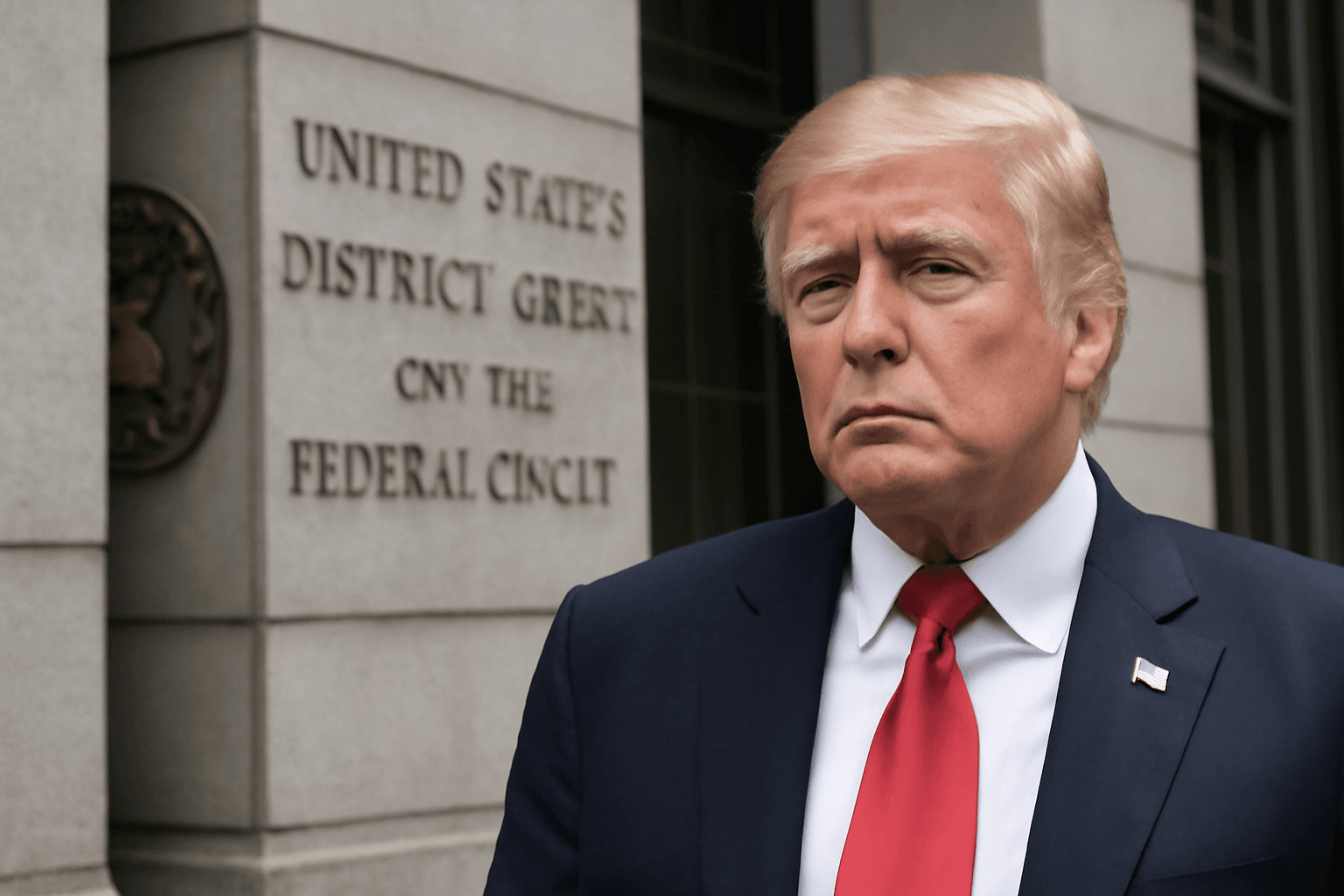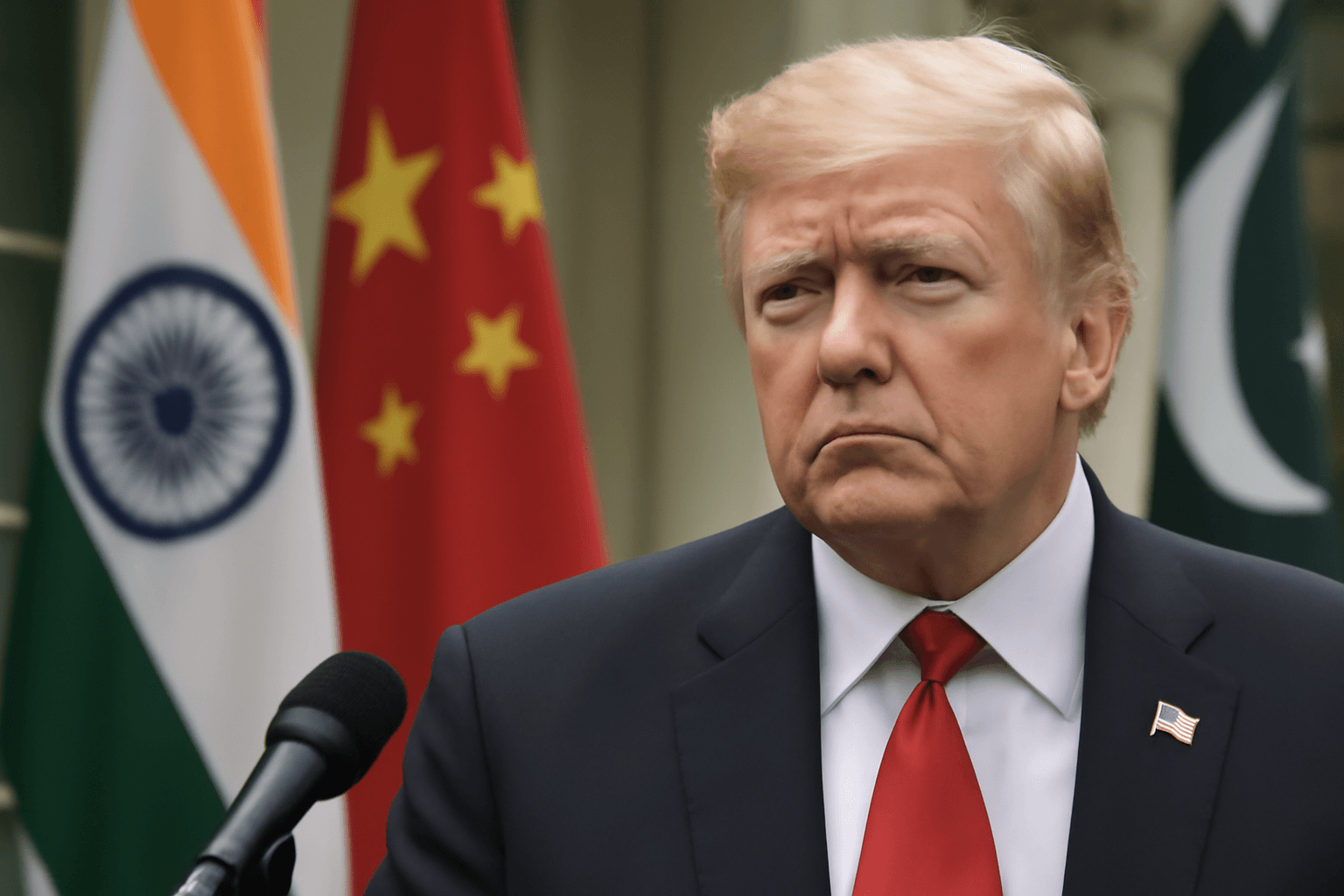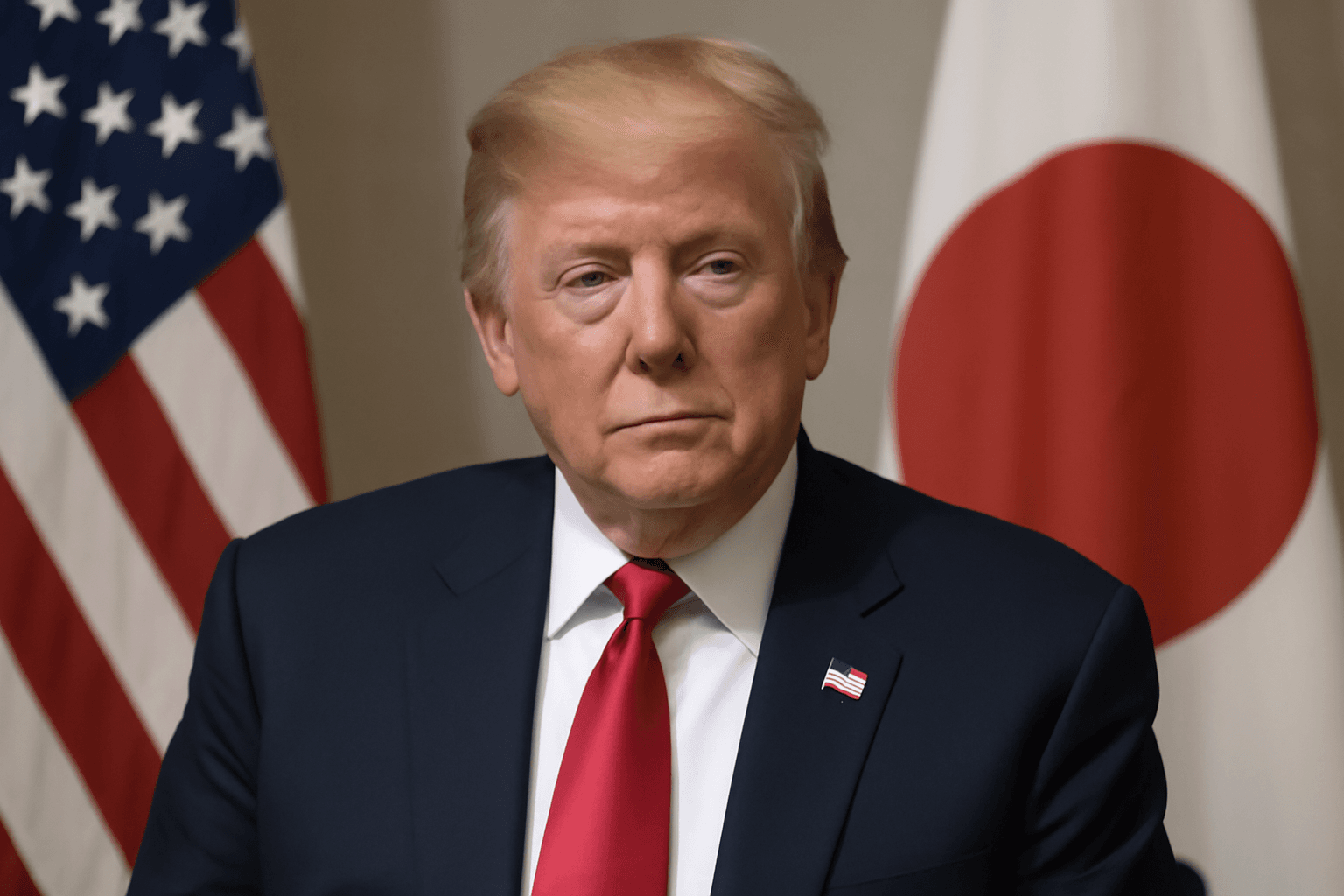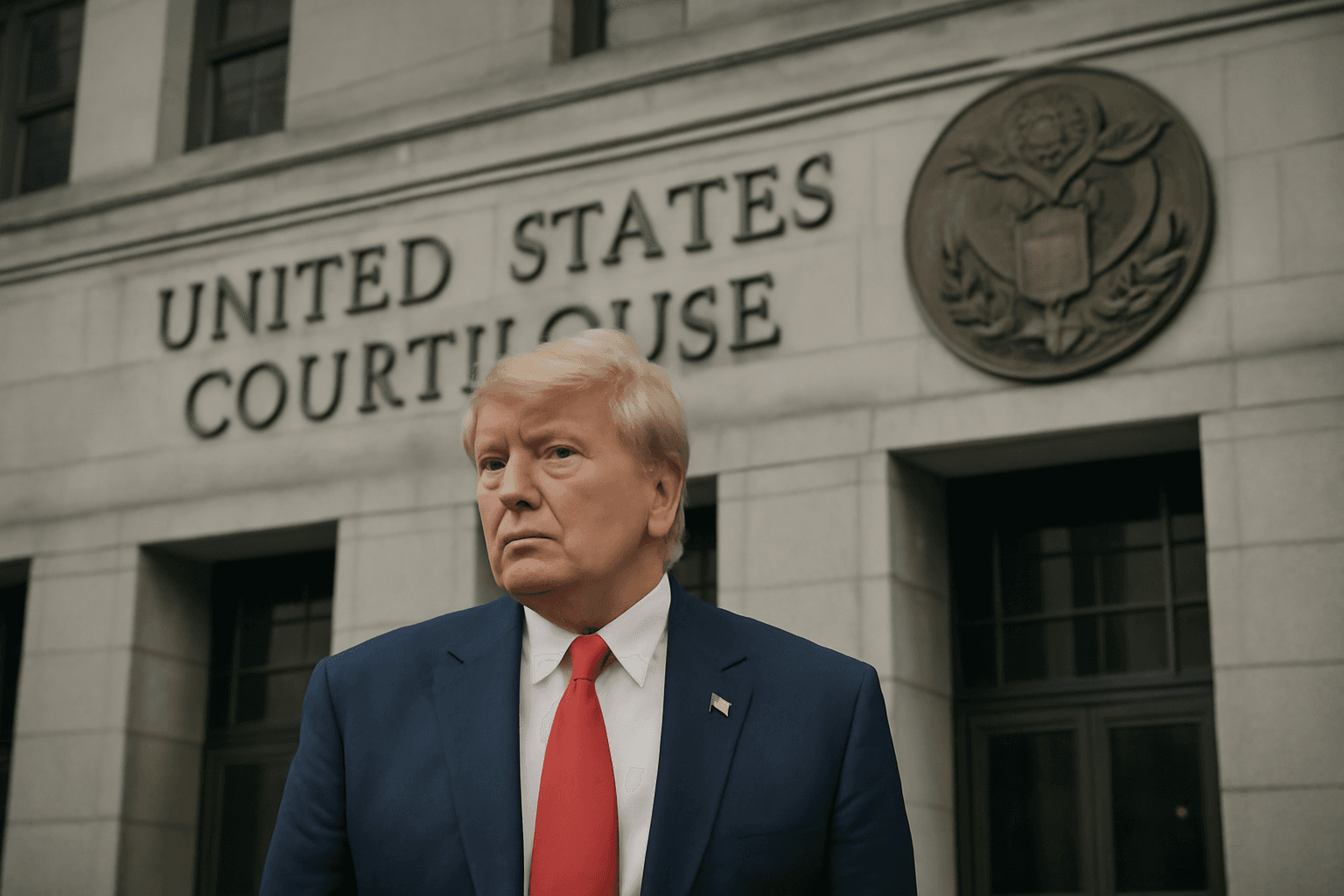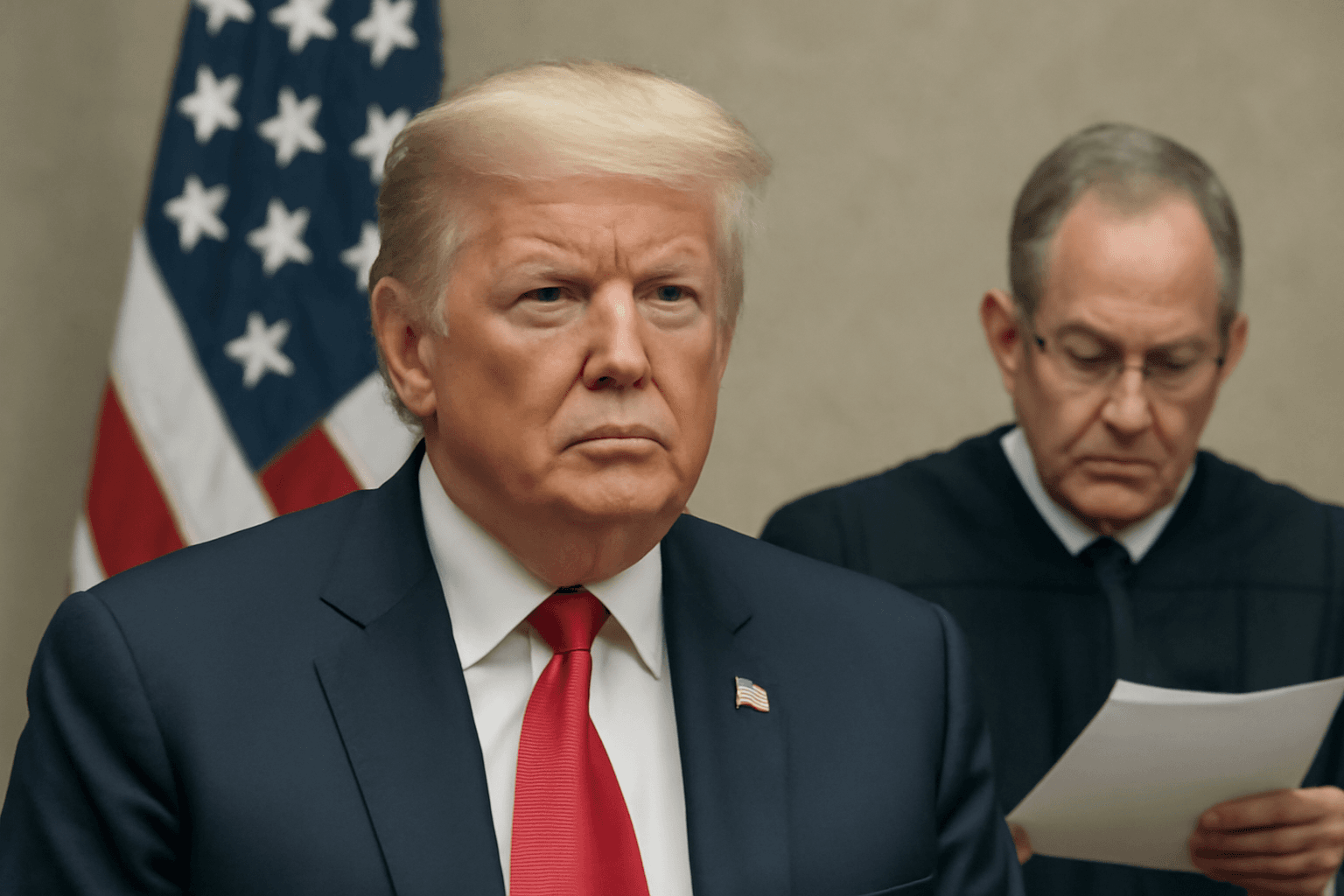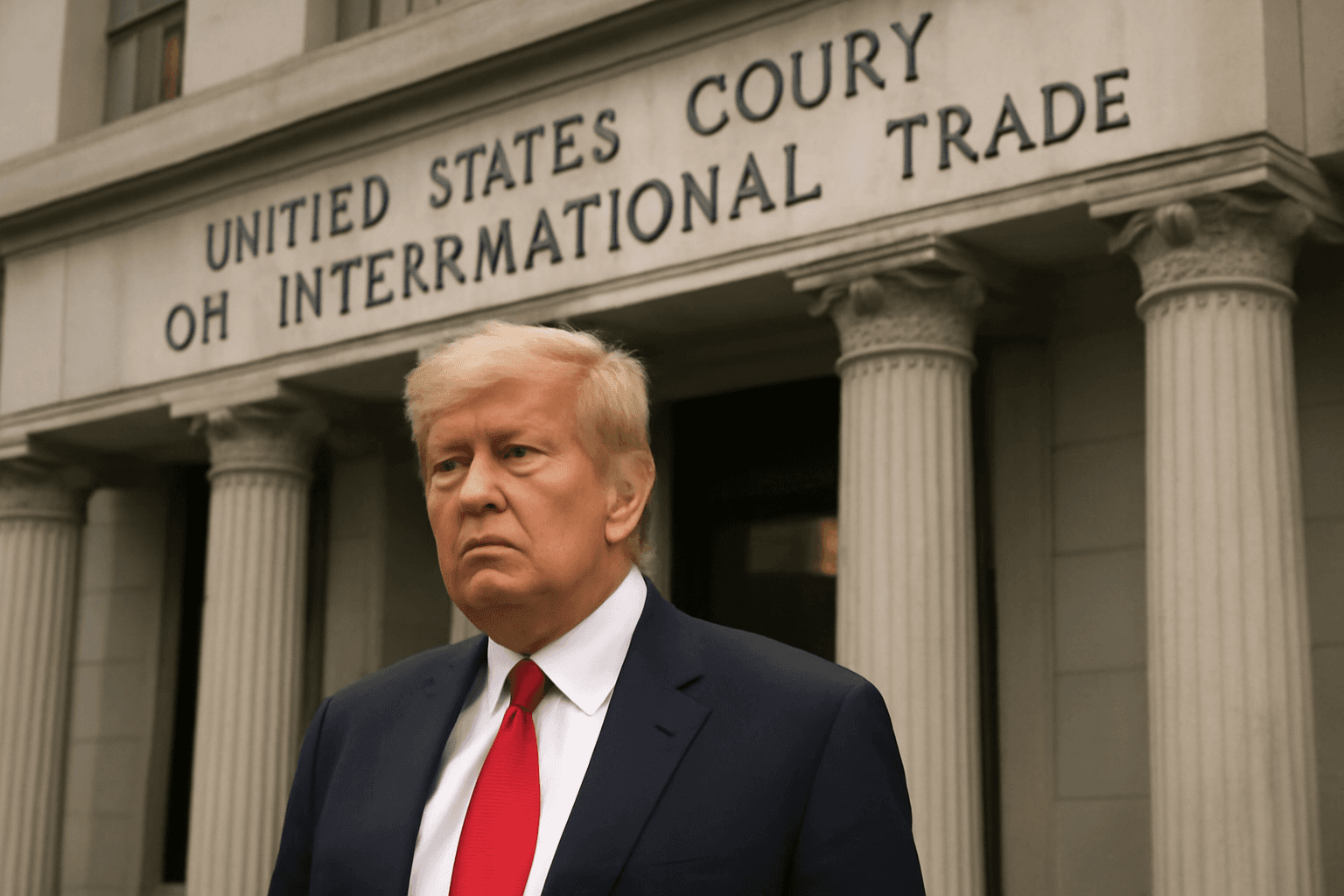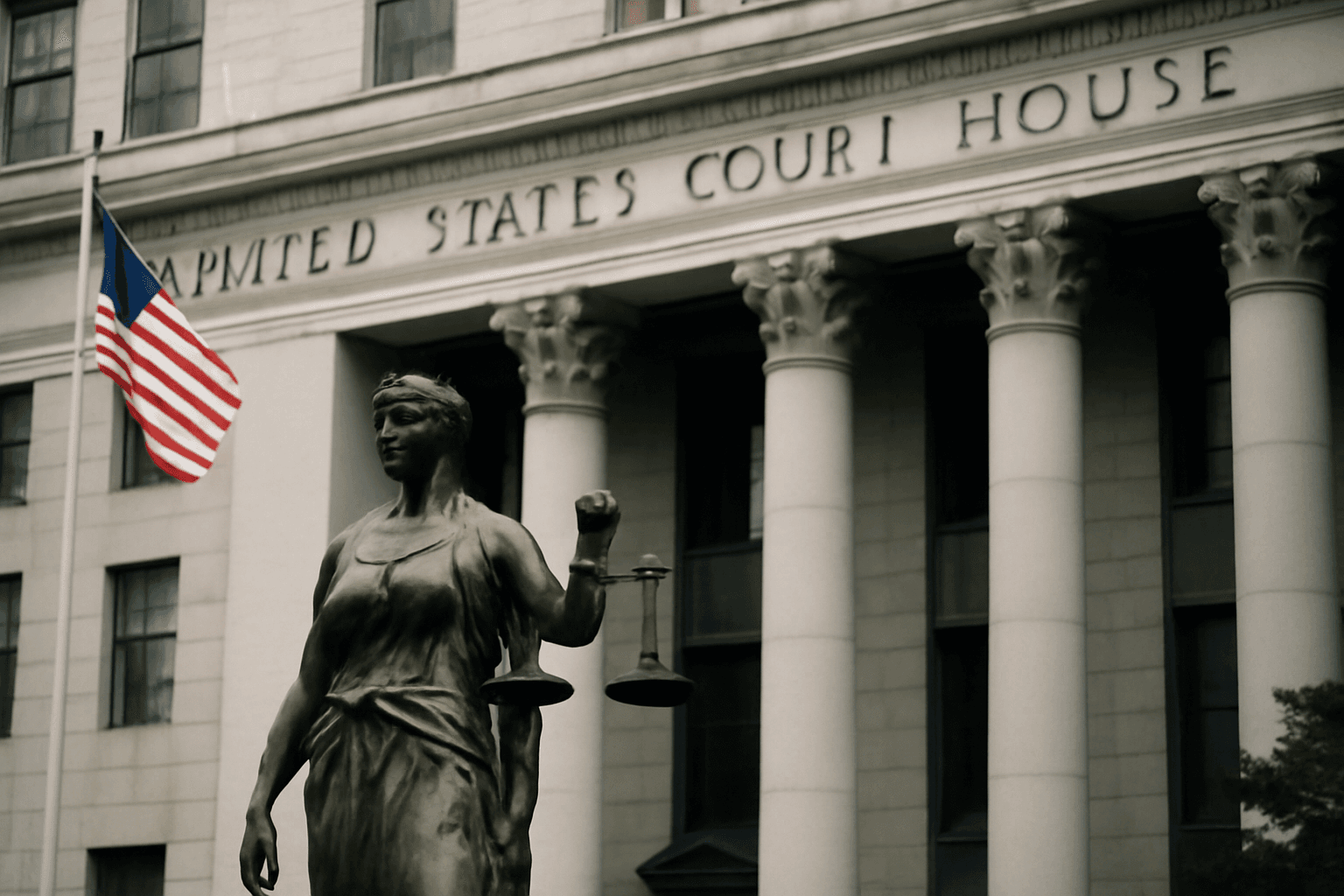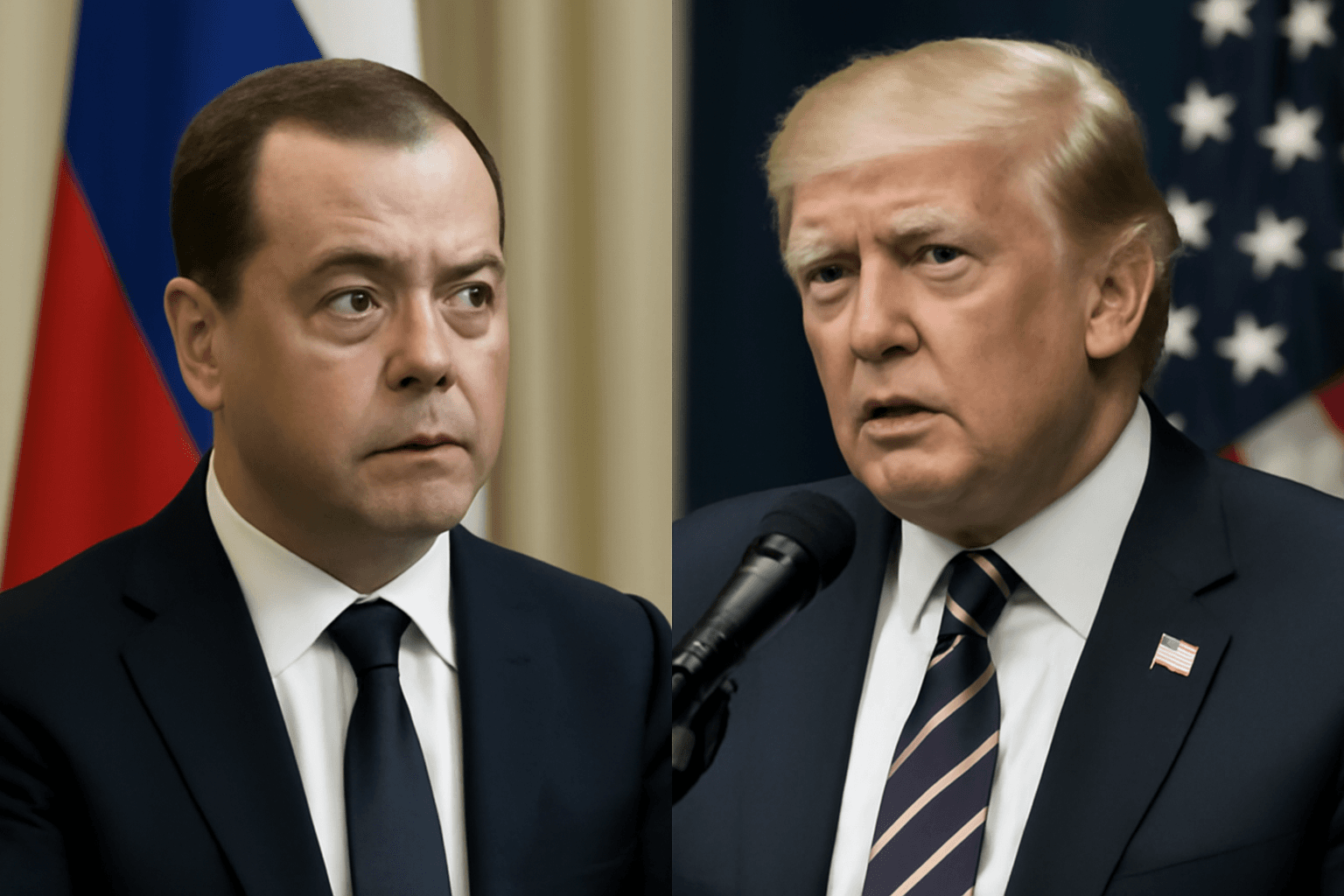Officials from the Trump administration have asserted in a U.S. court that President Donald Trump leveraged his tariff authority to broker a ceasefire between India and Pakistan, as well as to engage China in trade negotiations.
The statements were submitted to the New York-based Court of International Trade amidst a lawsuit challenging the legality of the tariffs imposed by the Trump administration. These tariffs were applied reciprocally on multiple global trading partners under declarations of a national emergency.
The administration claimed that the tariffs played a pivotal role in halting hostilities between India and Pakistan following a terrorist attack on civilians in Kashmir's Pahalgam region on April 22, 2025. The trade measures, according to officials, facilitated diplomatic intervention that eased tensions.
Key members of the Trump administration, including Secretary of State and National Security Adviser Marco Rubio, Commerce Secretary Howard Lutnick, Treasury Secretary Scott Bessent, and U.S. Trade Representative Jamieson Greer, emphasized the strategic importance of maintaining the president's tariff powers. They warned that revoking these powers could disrupt ongoing delicate trade discussions with dozens of countries, jeopardizing a trade truce with China and potentially reigniting conflicts like that between India and Pakistan.
Commerce Secretary Lutnick warned the court that an injunction against the tariff powers would undermine critical trade negotiations, embolden Chinese strategic aggression, and expose the U.S. to detrimental economic practices. He cited the India-Pakistan ceasefire as a concrete example of the tariffs' strategic impact.
However, Indian officials have firmly denied any linkage between the Trump administration’s trade policies and the cessation of the India-Pakistan hostilities. The Indian government noted that although there were multiple diplomatic engagements between U.S. Vice President J.D. Vance, Secretary of State Marco Rubio, and Indian officials in early May, trade issues were not part of those conversations.
The case continues as the court will decide on the legitimacy of using a ‘national emergency’ declaration to justify broad tariff impositions that have significantly influenced international relations.
With inputs from South China Morning Post

